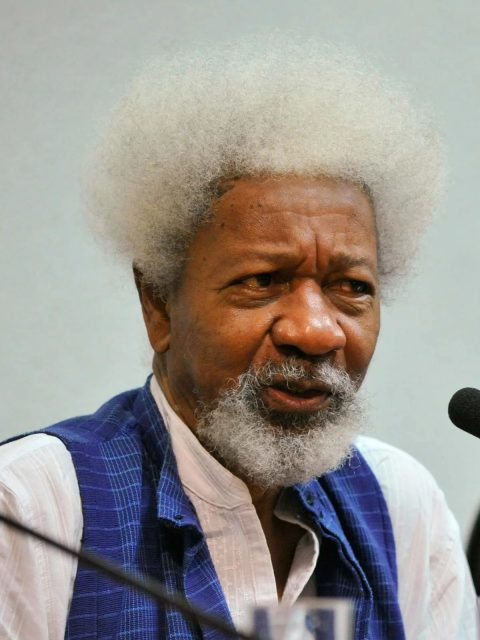IJMB Economics 101 Past Questions 2012; This IJMB Economics 101 past question is suitable for students about to sit for the upcoming IJMB EXAMINATION. Students should be informed that IJMB is an advanced-level program that helps students secure admission into the university of their choice without JAMB.
Recommended; See Other IJMB Past Questions Here
IJMB Economics 101 Past Questions 2012
INTERIM JOINT MATRICULATION BOARD EXAMINATION 2012
SUBJECT: ECONOMICS PAPER I
DATE SCHEDULED: FRIDAY 25th MAY, 2012
TIME ALLOWED: THREE HOURS ( 3HRS)
INSTRUCTIONS: Answer FIVE (5) questions only. All questions carry equal marks. Credit will be given for good English and orderly presentation of materials. The calculator can be used if desired.
- The market survey shows that the quantity of commodity X and the price of commodity Y for the month of April 2008 were 90 units and #120 respectively. This is different from the May survey of 301 units and #180 respectively.
(a) Determine the cross-elasticity of demand of commodity X and their relationship.
(b) Define the concept of price elasticity of demand.
2. Write short notes on the following
(a) Marginal physical product.
(b) Preferences
(c) Choice
3. (a) What do you understand by the vicious circle of poverty?
(b) How can it be solved?
4. Explain the phase of a business circle. What are the causes of business circles in an economy?
5. Distinguish between a change in quantity demanded and change in the demand of a commodity. What are the factors responsible for a change in the demand for beef in Nigeria?
6. In a three-sector economy, autonomous consumption expenditure is given as #95 million; investment expenditures #520m while Government expenditure is #250m Given an MPC of 0.8 of National income.
- Determine the equilibrium level of national income.
- Calculate equilibrium consumption expenditure.
- Calculate the change in national income if investment expenditure increases by 20 percent.
7. What is a public corporation? Discuss its merits and demerits.
8. Outline the main features of the permanent income hypothesis. State the implication for fiscal policy.
9. Why is Economics regarded as a science? What are its limitations?
10. Explain the law of diminishing marginal utility. How is this law related to the theory of demand?








